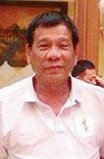

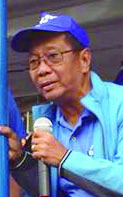
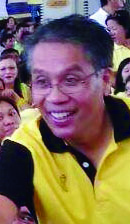
BY RENATO PERDON – Each presidential candidate adopted specific political slogan: Jejomar Binay (UNA) ‘Comfort is felt by all with Jojoy Binay’; Rodrigo Duterte (PDP-Laban) ‘Courage and Compassion’, Grace Poe (Independent) ‘Government with a Heart’, and Mar Roxas (Liberal) ‘Continue the Straight Path.’
American financial giant J. P. Morgan believes that ‘while a strong mandate for the new president will be a positive, we do not see a minority president posing a risk to political stability and to the new administration’s ability in pursuing important economic reforms.’
Morgan added that it ‘[does] not see the presidential election as a game-changing event to the economy or equity market.’ The bottom line for the 2016 election, according to Morgan is for the electoral process to be completed in a peaceful and credible manner.’
There is also an expectation that voter preference will only firm up towards close to the May 9 election day just as what hap-pened in the elections of 2004 and 2010. Some political observers describe the situation as of a ‘higly fluid political landscape.
Low plurality win
The political analyst also observed that there is a neck-to-neck and highly fluid battle among the four leading candidates and because of this, Morgan thinks that ‘there could be a high probability that the new president will receive a low plurality win.’
All presidential aspirants want to serve for a single six-year term, hopefully for a few terms, for a bright and productive Philippines. At this stage of the election campaign, Filipinos have reached the point of decision that has been influenced by the events and issues that surfaced during the campaign period.
As one journalist observed, the current presidential contest is noted for tightness of the race and narrowness of the field that favour the candidacies of Mayor Duterte and Sen. Grace Poe. For instance, after the second presidential debate, there was a surge in Cebuano support Duterte due to his charismatic, entertaining turn at the debate, and not to mention the fact that Duterte traces his roots to Cebu, a vote rich region of the country. Davao Mayor Duterte early in November 2015 survey published by Pulse Asia topped all other candidates
Binay made public his decision to run for the highest post of the land two days after he resigned his post from the Aquino Cabinet and branded the current administration as insensitive and bumbling.
Former front-runner Grace Poe, the first-placed finish in the 2013 Senate election had overcome her problem with the COMELEC concerning citizenship and residency issues. The Supreme Court, voted 9-6 to reverse the decision of the election body to disqualify Poe and allowed her to run as a presidential candidate in the 2016 national election.
Director Mark Thompson, a professor of politics and acting head of the Southeast Asia Research Centre (SEARC) observed that Sen. Poe has a mixed message to the electorate. He noted that ‘on the one hand, she is sending out the message that she cares for the poor. On the other, she has cultivated the image of a hardworking conscientious and not corrupt politician during her time as senator, which is liked by the elite.’
As regards candidate Roxas who is the anointed candidate of the Liberal Party, Jules Maaten, head of the Philippine office of the German Foundation Friedrich-Neumann-Stiftung observed that the administration candidate has struggled to raise his standing on opinion polls and some analysts attribute this to his own lack of charisma. Maaten added that ‘Roxas is more known for his ‘thoroughness than for being an exciting public figure.’
On Duterte, his critics allege that he has achieved this popularity at the cost of extensive human rights violations. Duterte during the campaign period encourages the image of a tough-talkiing man who would not hesitate to punish criminals. In his political campaign, Duterte promotes himself as a tough crime fighter, having introduced an evening curfew for adolescents in Davao City, and publicly supporting the shooting of suspected criminals by armed vigilantes.
Maaten noted that Duterte suggests during the campaign period that if Congress would not support his plans to clean up the country, he might simply abolish it with support of the army and police. Duterte is also known for his policy platform to turn the Philippines into a Federal state to counter the ill effects of centuries of over-centralized administration.
But two issues not well handled among the presidentiables, one, is the sensible climate change agenda that focuses on communities which is crucial because climate change, given the current climate change policies in the Philippines, is affecting everyone at the community level and must be understood and find solutions to the problem through the needed form of interventions.
The second issue hardly discussed by presidentiables, according to running priest Fr. Roberto Reyes, is on green issue, also related to the environment subject. Fr. Reyes who has been actively campaigning against government projects that adversely affect the environment is not happy that ‘nobody is talking about the environment as a banner platform.’ He cited the cutting of 1,800 trees with the approval of the Environment Secretary Ramon Paje, Jr., and Public works Secretary Rogelio Singson to give way to road widening project in Eastern Pangasinan..
Reformist vs. populism
Political analysts say that the key factor in the upcoming presidential pool will be whether Filipinos will opt for a continuation of the current policies by voting the administration candidate or not. It is observed that the Aquino administration was a ‘polarizing one, as it also faced strong critics.’ Because of this, according to UP associate professor Aries Arugay the upcoming election will test the extent to which Filipinos can trust Roxas, the anointed administration candidate.
On this issue, Professor Thompson agrees and added that the campaign boils down to ‘reformism’ or anti-corruption trumpeted by Roxas and to a certain extent by Poe, both targeting Binay’s pro-poor populism. With his ‘peace and order’ as major issue, Duterte is regarded as the wild card candidate.
Some of the other important issues in the presidential election will be public infrastructure, pervasive economic inequality, not to mention crime and insecurity which according to some critics, the Aquino administration has not done enough to tackle them. Professor Arugay believes that ‘Filipinos see the government’s anti-corruption efforts as insufficient. Traffic in urban area, illegal drugs and crime remain major concerns, and economic growth has not translated into more jobs, with only the top five percent of the population benefiting from government programs.
Economic policy
On trade policy, Sen. Poe is regarded ahead of her competitors, promising the country, if elected, to join key trade blocks like the Trans-Pacific Partnership (TPP) and pursue new bilateral free trade arrangements with other countries which she believes will create new opportunities for businesses interested to have access to the Filipino market and as a result will lower costs for Filipino importers and improve the country’s over all economic prospects.
Although all candidates pledged to streamline approvals for new investment including red tape and bureaucratic difficulties, it is still a positive sign for investors to enter the Philippines which remain a difficult country to conduct business.
Poe, Binay and Duterte wish to amend the Philippines’ constitution to allow more foreign ownership of property and specific industries. Easing constitutional amendment as not a priority. On tax issue, candidates have various take on reforming the tax system of the Philippines.
Positive outlook
Overall, one foreign observer noted, ‘as investors look to the elections in May they should be cautious but optimistic. The candidates’ commitment to continue the current administration’s anti-corruption drive will likely improve the quality of governance and foster a more competitive and transparent business environment.’ Also, the candidates’ pledges to improve infrastructure and reduce bureaucratic red tape will give clearer prospects for investors looking to invest in the growing Filipino manufacturing and construction sectors.
Before Filipinos go to the polls on May 9, there are other matters they wanted to know where candidates stand on other issues like human rights relating to ‘death squad’ killing, torture, attacks against journalists, accountability of state security forces, rights of indigenous peoples, reproductive health rights, displacement caused by conflict, and the solution to HIV/AIS epedemic.







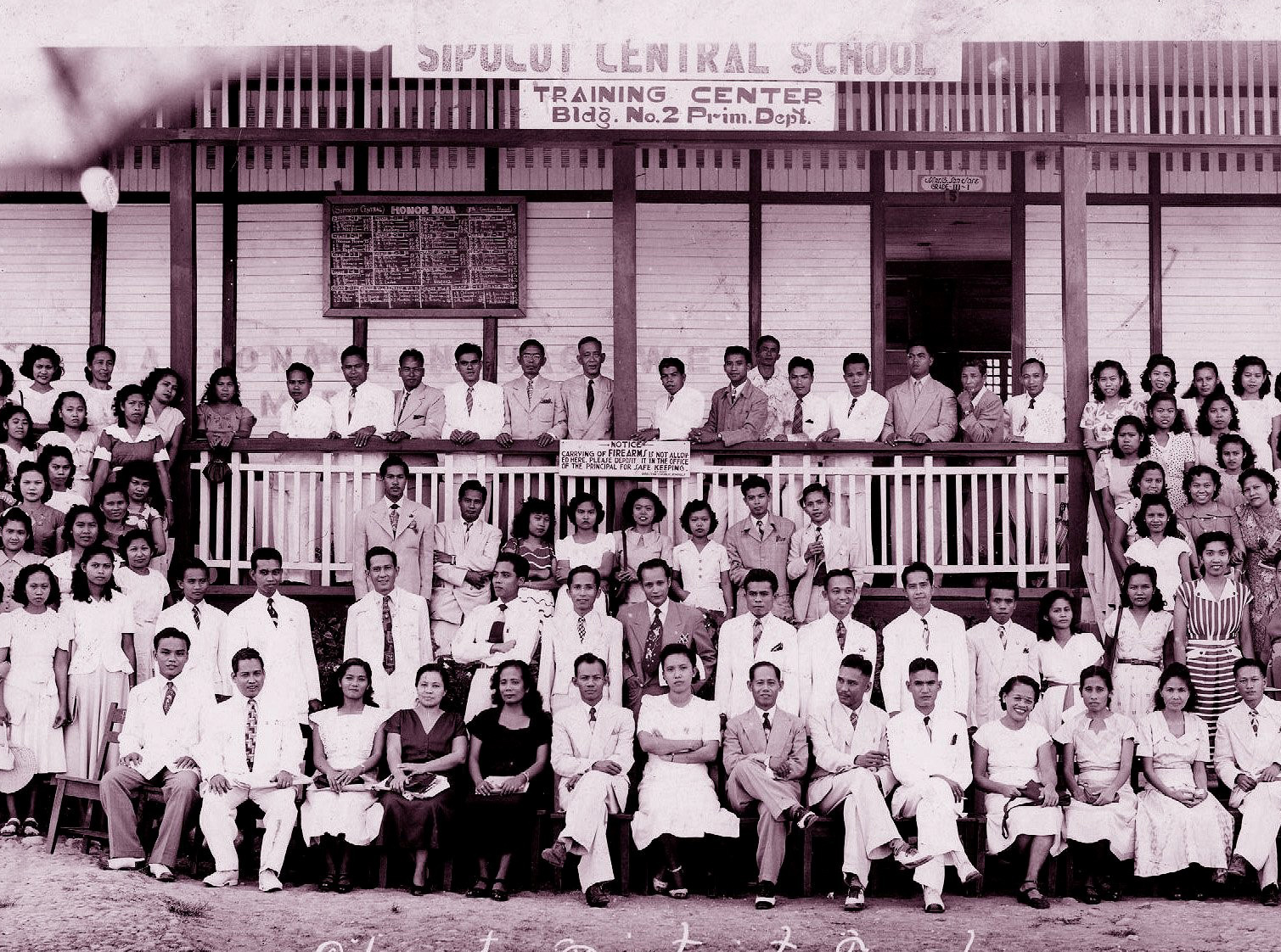
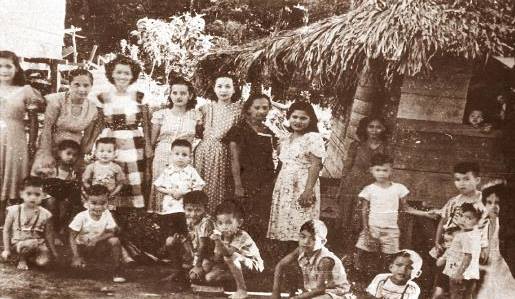
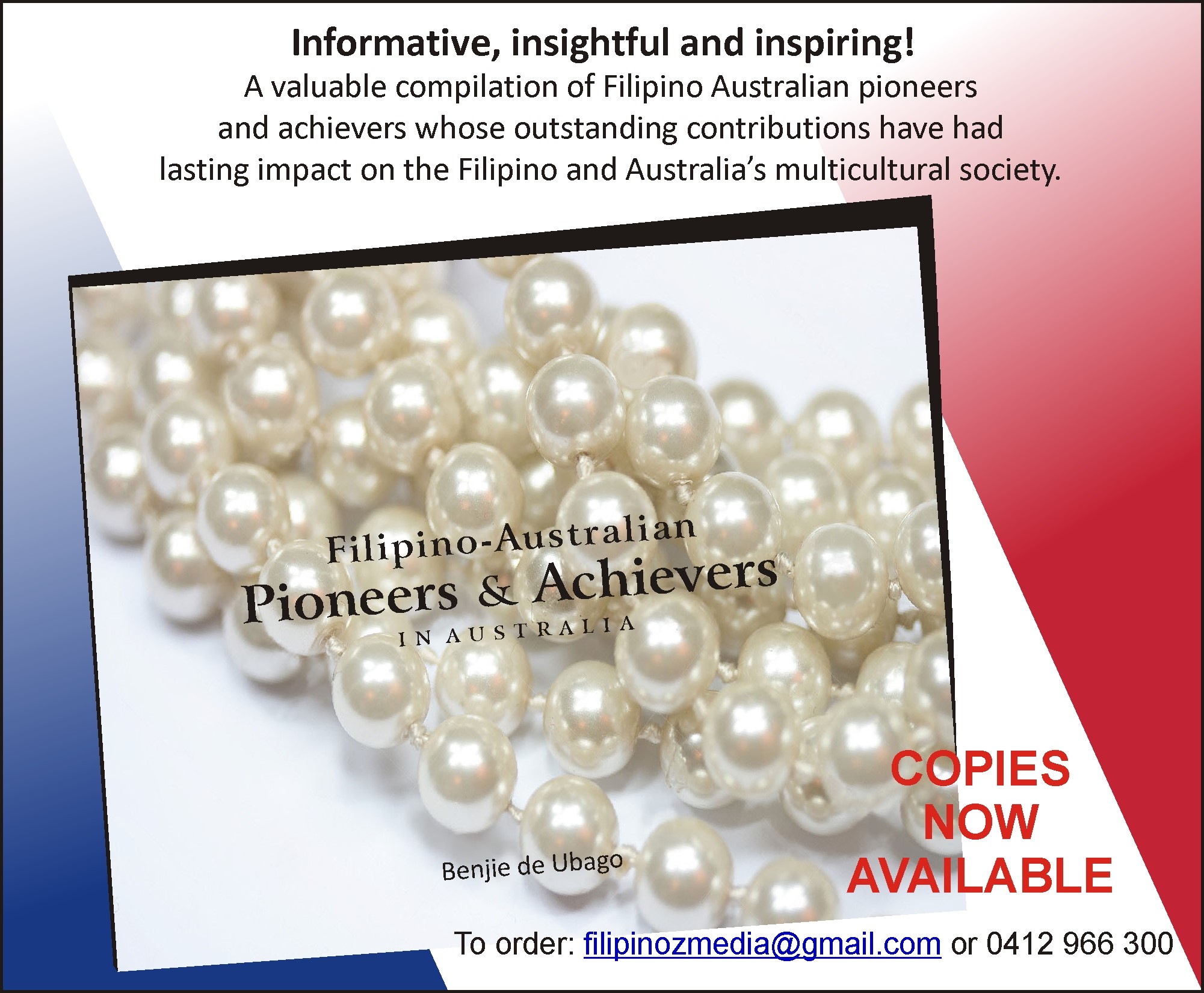
Leave a Reply